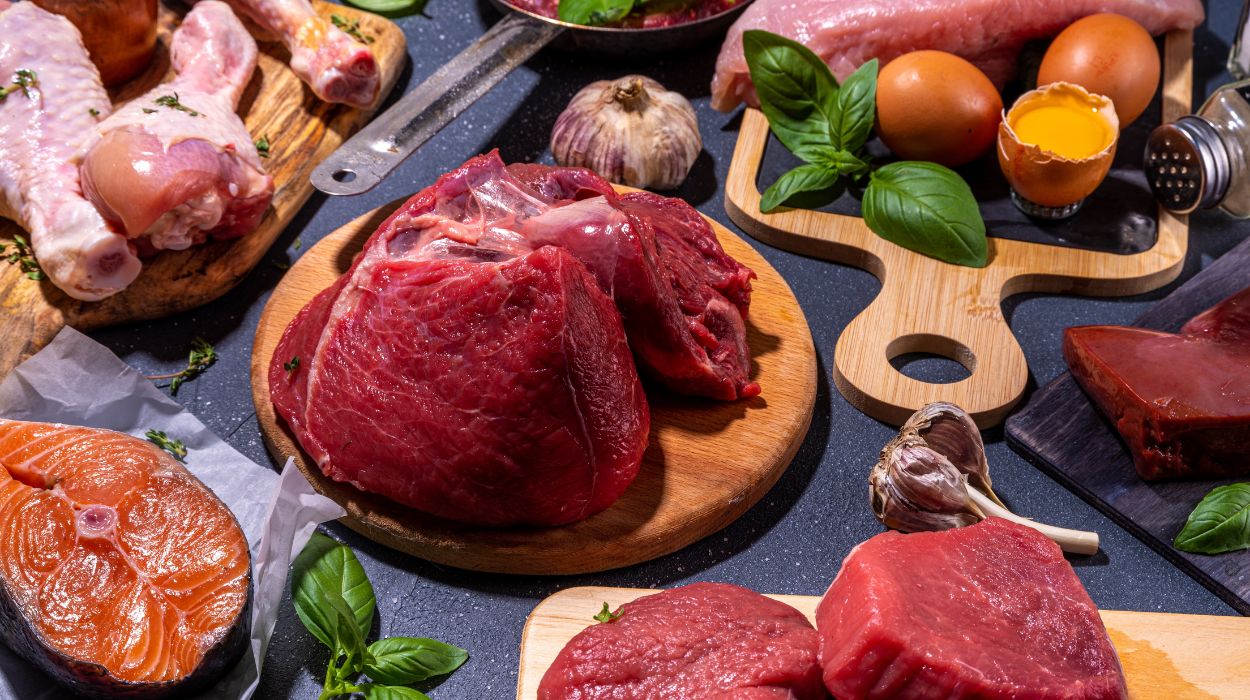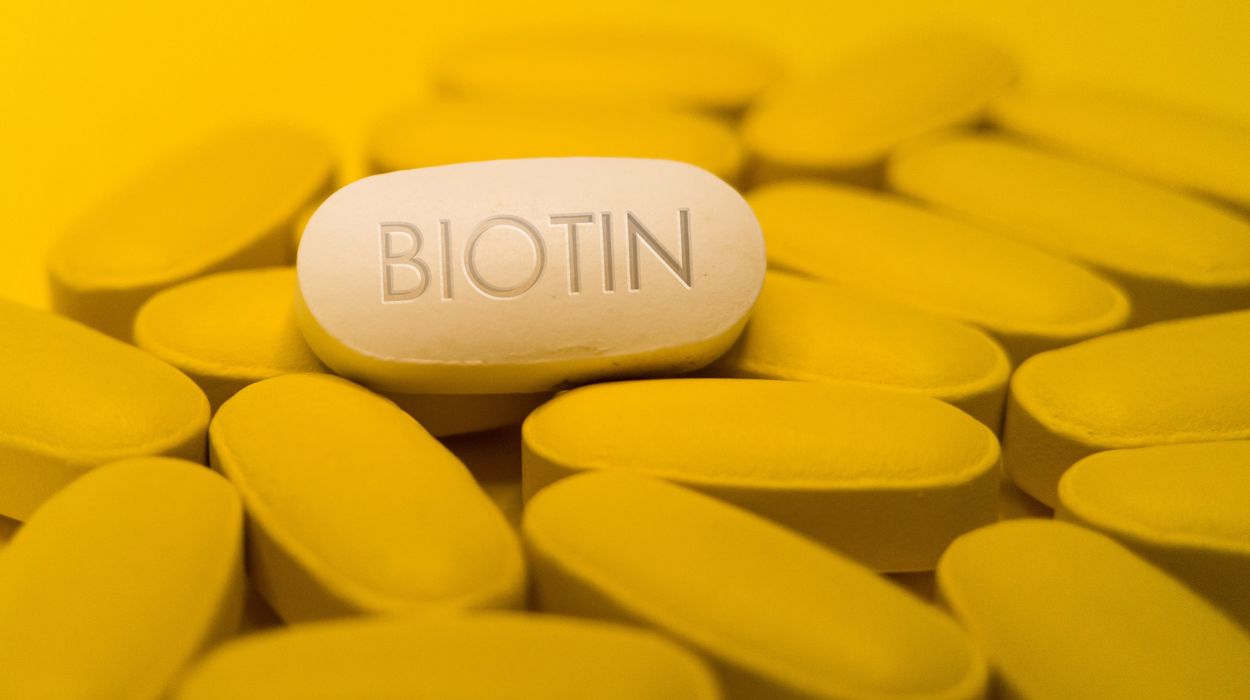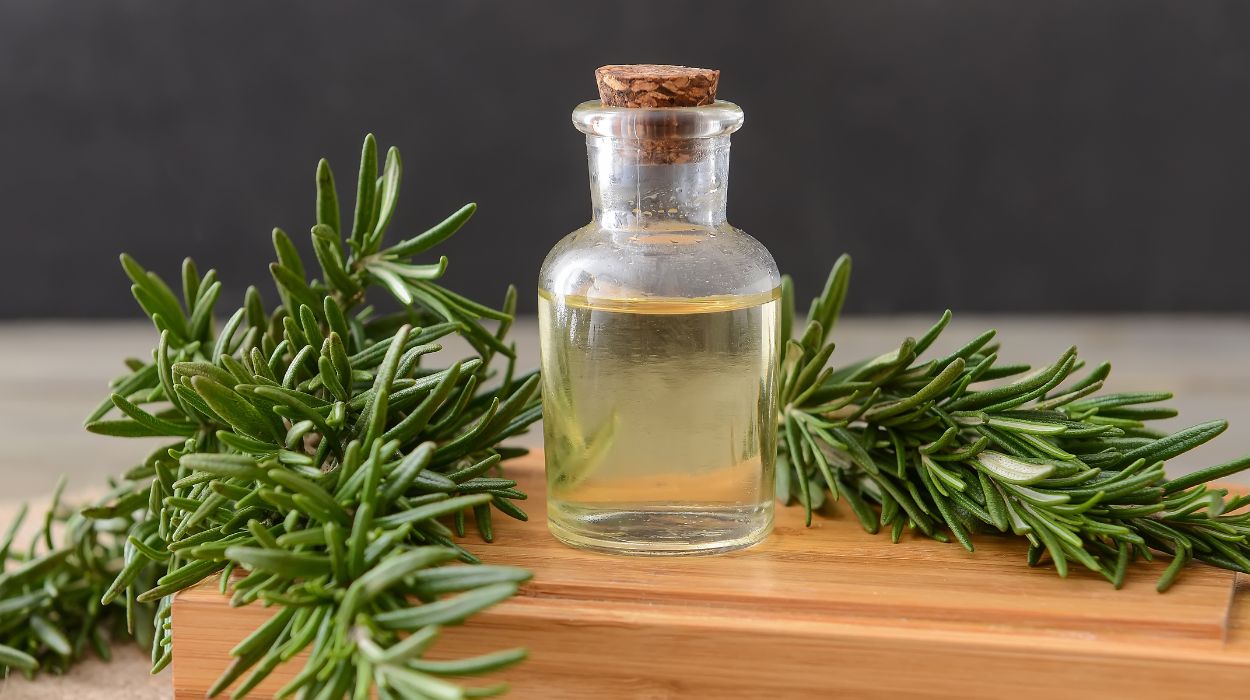 Expert's opinion
Expert's opinion
Expert's opinion
The article is a subjective view on this topic written by writers specializing in medical writing.
It may reflect on a personal journey surrounding struggles with an illness or medical condition, involve product comparisons, diet considerations, or other health-related opinions.
Although the view is entirely that of the writer, it is based on academic experiences and scientific research they have conducted; it is fact-checked by a team of degreed medical experts, and validated by sources attached to the article.
The numbers in parenthesis (1,2,3) will take you to clickable links to related scientific papers.
How To Get Thicker Hair? Methods To Enhance Hair Density In 2024

Our hair goes through a lot. Many factors can affect the appearance, health, and thickness of our hair, but there are solutions. Having thick healthy hair boosts confidence and can make us look younger, and thus you may be wondering how you can get thicker, healthier locks.
Hormonal changes and thyroid problems are just two examples of internal imbalances that can play havoc with hair health and hair growth. Both of these conditions can lead to hair thinning, fine hair, and even weakened hair follicles that can result in hair loss.
Because having thick hair is so sought after, we tend to search for secrets on how to have thicker hair. Good nutrition is a great place to begin, and healthy food can help with optimal hair growth. What other ways are there of getting thicker hair?
Here are seven ways to thicken hair.
7 Best Methods For Getting Thicker Hair
- Increase protein intake.
- Increase iron intake.
- Take zinc.
- Boost your biotin.
- Eat healthy fats.
- Take the prescription medication Minoxidil.
- Rosemary oil.
How To Thicken Hair
Increase Protein Intake

Hair mostly consists of a protein called keratin, so it is vital to have an adequate amount of quality protein in the diet. Lean cuts of meat, fish, and poultry are the best forms of protein that the hair can utilize to grow thick and strong.
Even non-meat foods such as lentils can boost the protein intake of those who eat a more plant-based diet. In addition, supplements that include nutrients and amino acids, such as L-cysteine,[1] have been studied as potential anti-hair thinning nutrients.
However, because the amino acid supplements that have been used contain other nutrients, too, it is difficult to reach a definite conclusion on whether such proteins offer the best benefits for boosting hair thickness or whether a mixture of amino acids and vitamins produces the best results as a hair loss treatment. However, an inadequate supply of protein in the diet does affect hair growth and can lead to the thinning of the hair.
Increase Iron Intake
Low iron levels can leave us feeling fatigued, with the added risk of developing anemia if iron deficiency is not addressed. Risk factors for anemia include blood loss, such as during menstruation. In addition, medical conditions such as celiac disease can interfere with iron absorption, even if there is an adequate supply in the diet.
Vegans and vegetarians are also at risk of developing iron deficiency simply because most plant-based foods do not contain as much iron as red meat, or it is not as bioavailable in plant foods. This means you need to consume more plant-based iron to absorb the same amount as you would in a smaller amount of animal-based iron.
It is thought that a lack of iron contributes to thinning hair because iron is a vital component of an enzyme called ribonucleotide reductase[2] that aids in the growth of cells, including those found in the hair.
A few great sources of iron to regularly include in your diet are spinach, beef, white beans, dark chocolate, and fortified cereals. Also, if you don’t want to have to worry about tracking your daily iron intake, you can always take an iron supplement for ease of mind!
Take Zinc
The mineral zinc is required by various enzymes in the body and plays an important role in many vital body functions regarding wound healing, cell growth, and the building of protein. All of this makes zinc vital for efficient hair cell and hair follicle production, which can lead to thick hair growth.
For thicker hair, include zinc regularly in the diet either by eating foods rich in zinc, such as oysters and pumpkin seeds, or by taking a zinc supplement.
Boost Your Biotin

Biotin is a B-complex vitamin, also known as vitamin H. Since most of it is produced by gut bacteria, biotin deficiency is quite rare. Despite this, when it does occur, biotin deficiency can have devastating effects on both hair growth and thickness, with alopecia being one of the common symptoms of biotin deficiency.
Biotin can be taken in supplement form and is also commonly included in multivitamins, mineral formulas, and shampoos. It is thought that biotin improves the structure of keratin, the protein that makes up 80 percent of hair.
Improving the structure of keratin can add thickness to hair. Biotin-rich foods include egg yolks, walnuts, salmon, bananas, and sunflower seeds.
Eat Healthy Fats
Healthy fats such as omega-3 fatty acids and monounsaturated fats can help nourish your hair. Omega-3’s found in oily fish, flaxseeds, and monounsaturated fats found in extra virgin olive oil and nuts can help prevent thinning hair and boost hair health.
These fats help to nourish the scalp as they also contain vitamins D and E. Even omega-6 fatty acids like arachidonic acid[1] found in grapeseed oil, walnuts, and sunflower seeds can enhance hair follicle production.
Minoxidil
Minoxidil is a drug-based product that is used to stimulate hair growth both in men and women. It also sometimes goes by the name of Rogaine or Finasteride. It comes in solution and is applied directly to the scalp. It is the most common drug-based product used by those curious about how to make your hair thicker.
A study[3] found that men interested in learning how to grow thicker hair who used 5% topical minoxidil saw significant results with hair growth. This was in comparison to those who received the placebo.
Rosemary Oil

When thinking about how to get thicker hair naturally, many people often turn to rosemary oil for the answer. This is because rosemary oil is an anti-inflammatory, and it helps to stimulate blood flow to the scalp.
It also helps to moisturize the scalp and blocks DHT (a hormone that can contribute to hair loss) in both men and women. It is thought that rosemary oil can enhance microcapillary perfusion,[4] making it a useful oil to use in the battle against thinning hair.
Microcapillary perfusion is the blood flow rate throughout the tiny vessels in your scalp. Enhancing this rate can improve blood circulation to your hair, nourishing your locks with the help of rosemary oil.
What Causes Thin Hair?
Many factors come into play when it comes to the causes of thinning hair, which, in turn, makes it a very complex condition to treat. Here are the most common causes:
- Genetics – Genes can make thinning hair and hair loss hereditary, thus making hair loss inevitable.
- Scalp conditions – Conditions such as seborrheic dermatitis can also thin the hair because this condition affects the scalp leading to redness, inflammation, scaling, itching, and even scalp flaking, which can cause hair follicle damage and loss.
- Hormonal Imbalances – Such as those experienced during menopause and pregnancy can also lead to the thinning of hair.
- Cancer treatments such as chemotherapy.
- Aging – the natural aging process.
- Poor nutrition.
- Overuse of hair dyes and chemical-based hair products.
While thinning hair is common, there are ways to achieve thicker, healthier locks.
What To Avoid To Prevent Hair Loss
To prevent hair loss, limit or avoid nutrient-poor foods. These include highly processed foods like fast food, cookies, cake, potato chips, and soda that lack the nutrients needed for hair growth. Eating a highly processed diet is a surefire way how to get rid of thick hair. Your hair needs vitamins, minerals, protein, and other essential nutrients to flourish.
Hair needs vitamins, minerals, amino acids, and other micronutrients to flourish, as does the scalp, which is the foundation for healthy hair.
Blow-drying hair, rough towel drying, and frequent hair dyeing can also destroy the delicate structures of the hair and damage hair follicles, leading to hair loss.
The Takeaway
If you’re looking to learn how to make hair thicker, the solution will depend on the initial cause of hair thinning in the first place. If it is an illness such as thyroid disease or hormonal imbalances, then the causes and symptoms of such conditions need to be addressed before progress can be made.
If you’re wondering how to get thick hair in a month, this can only be achieved by using superficial hair volumizing shampoos and hair sprays. How to get thicker hair in women is easier than how to get thicker hair in men because hereditary hair loss cannot be prevented easily.
How to get thicker hair for females is easier as they respond better to various treatments and supplement regimes, but diet is the most important thing for both sexes.
Supplying the hair with all the nutrients it needs and with the addition of drug treatments such as minoxidil or natural oils like rosemary oil can achieve quicker results when it comes to turning thin hair into confidence-building, thick healthy hair that can last well into old age.
+ 4 sources
Health Canal avoids using tertiary references. We have strict sourcing guidelines and rely on peer-reviewed studies, academic researches from medical associations and institutions. To ensure the accuracy of articles in Health Canal, you can read more about the editorial process here
- Guo, E.L. and Katta, R. (2017). Diet and hair loss: effects of nutrient deficiency and supplement use. Dermatology Practical & Conceptual, [online] pp.1–10. doi:https://doi.org/10.5826/dpc.0701a01.
- Gokce, N., Basgoz, N., Kenanoglu, S., Akalin, H., Ozkul, Y., Ergoren, M.C., Beccari, T., Bertelli, M. and Dundar, M. (2022). An overview of the genetic aspects of hair loss and its connection with nutrition. Journal of preventive medicine and hygiene, [online] 63(2 Suppl 3), pp.E228–E238. doi:https://doi.org/10.15167/2421-4248/jpmh2022.63.2S3.2765.
- Ghonemy, S., Alarawi, A. and Bessar, H. (2019). Efficacy and safety of a new 10% topical minoxidil versus 5% topical minoxidil and placebo in the treatment of male androgenetic alopecia: a trichoscopic evaluation. Journal of Dermatological Treatment, [online] 32(2), pp.236–241. doi:https://doi.org/10.1080/09546634.2019.1654070.
- Panahi (2015). Rosemary oil vs minoxidil 2% for the treatment of androgenetic alopecia: a randomized comparative trial. Skinmed, [online] 13(1). Available at: https://pubmed.ncbi.nlm.nih.gov/25842469/



